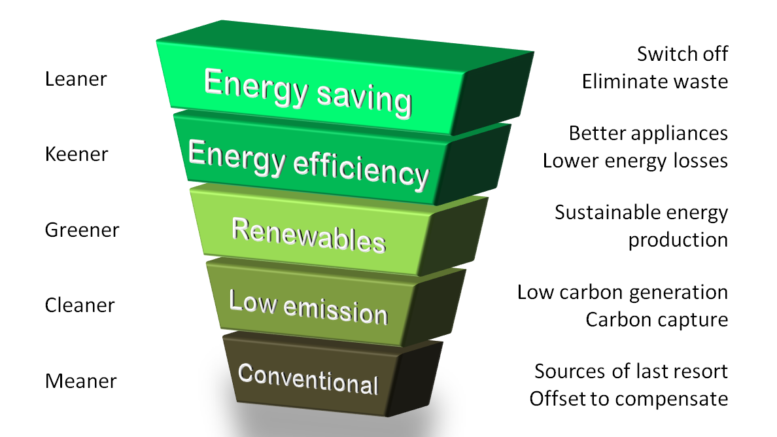All landlords should be aware that from 1st April, their properties now must have an EPC rating E or above for new tenancies. Properties with existing tenancies need not meet that standard until April 2020, unless the tenant changes before that date.
Landlords have had the opportunity to apply for exemption, but comparatively few will escape the requirement to attain an EPC rating E.
Although exemption seems to be the answer with old, perhaps solid wall, properties which do not meet EPC rating E, registration on the database that a landlord has properties rated only F or G will be notified to the local authority; this then leaves them free to take action under HHSRS legislation. They could then take action against the landlord because of the cold hazard. This is not to suggest that you should not apply for an exemption, but that you should understand what this could lead to.
Any landlords who plan to buy properties rated lower than an E for improvement may find they need to fund the sale themselves, as the Coventry Building Society have said they will not allow buy to let mortgages for properties that do not meet the minimum standard. They are first to announce this step, with effect from 15th March 2018 but other lenders are almost certain to follow suit in the not too distant future.
This does not bode well for the landlord who spots a bargain property and decides to buy because it is in poor condition and unlikely to meet the minimum EPC requirement; they will have to fund the purchase themselves, as well as the necessary works to bring it up to a standard where it can be let. This, in addition to the Council Tax payable on empty properties, would mean quite a large expenditure of capital before there is any hope of income from it. (In case anyone thinks that council tax would not be payable if it is being renovated, it would need no roof and only 3 walls to be eligible for a discount on that basis!)
Will this mean there will be fewer landlords with small portfolios and an increase in corporate landlords? Having witnessed the management of many very good small landlords and the excellent relationships they foster with their tenants, it would be a loss to the sector if it became made up of almost faceless bureaucrats.
Whilst landlords may have done what they can to prepare for April 2018, they cannot afford to sit back and relax. It is probable that even as we speak – or read – plans are being formulated to put even more pressure on the private sector landlord. The Governments’ Clean Growth Strategy will be looking at various moves to improve energy efficiency and increasing the EPC rating required in a private sector property to a rating of C is a likely move.
Landlords are strongly recommended to get all their properties to an EPC rating E; because they may be required to do further improvements if the rating requirement increases to a C. Do the most cost-effective measures possible – leave the most expensive improvements for when the rating goes up; if anything is done to improve the energy efficiency, get a new energy performance certificate – it may not take much to improve the rating.
April 2018 should be seen as the starting point; like boy scouts, be prepared, for more stringent measures and to do what is possible and necessary to improve the energy efficiency and the amount your tenants need to spend to keep themselves warm.
For advice on buy to let issues – General Knowledge









Be the first to comment on "All Rental Properties Must Now Have EPC rating E or Higher"